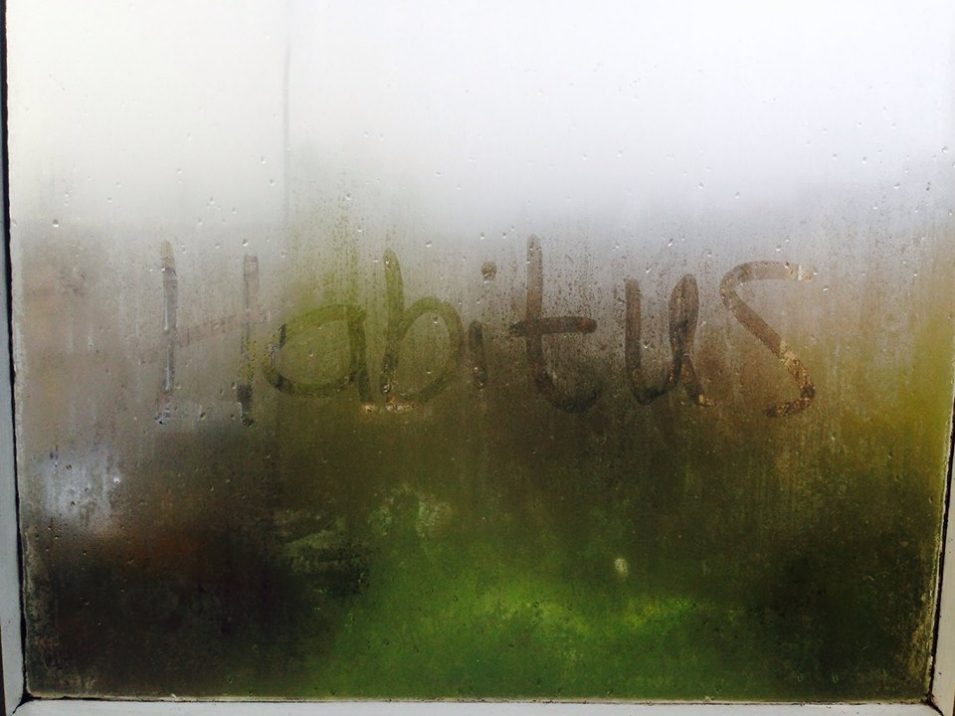There was the occasional mention of ‘Quisling’ in the run up to the recent Scottish Independence Referendum – a reference to the Norwegian war-time leader Vidkun Quisling who was the head of a domestic Nazi collaborationist regime during the Second World War. Since the war it has become a noun to identify someone seen as a traitor, a collaborator with an enemy force (England, in this case). Its use brings to mind other phrases such as West Brit and Uncle Tom – the latter is the better known epithet, describing black people who exhibit subservience to white people (a Scottish variant, Uncle Tam, has also recently done the rounds). ‘West Brit’ is used by some Irish people to describe other Irish people who in their eyes are a bit too comfortable with Britishness. Its history goes back to the 19th century, coming to prominence in the Land Struggles of the 1880s, and famously referred to by James Joyce in his story, The Dead. More recently, Martin McGuinness, an Irish republican Sinn Féin politician, used the term in the context of the 2011 Irish Presidential Election, unsurprisingly attracting some negative media attention. As with Uncle Tom and Quisling, calling someone a West Brit in Ireland is fighting talk.
It’s fighting talk because phrases like West Brit are a particular kind of power tool in the politics of language. Turning people into nouns means there’s a type of violence attached to words like these – think of ‘traitor’ and ‘scab’. For one thing they allow allies to identify the enemy quickly. But what they are also able to do is personalise the enemy – a single person can embody and represent all that the collective struggle is fighting against. They work as an effective deterrent against dissent not just from outsiders but also internally, placing responsibility for the successes and failures of a movement on the shoulders of isolated individuals.
The isolation part is significant in the context of collective struggles, because the context allows people who don’t tow the party line to be both isolated and visible – taking a brave person indeed who would willingly take on pariah status. Is defending a difference of opinion worth becoming the object of hate and derision? While talk of equality and freedom is laudable, such talk needs to be placed alongside the effects of the blame and shame game designed to flush out the enemy within. Placing them side-by-side illustrates that discipline and obedience to specific values and beliefs are as much a concern of independence and other forms of collective struggle as they are of the status quo. The question therefore needs to be asked: How sustainable is a form of social change built using, once again, the master’s tools?










